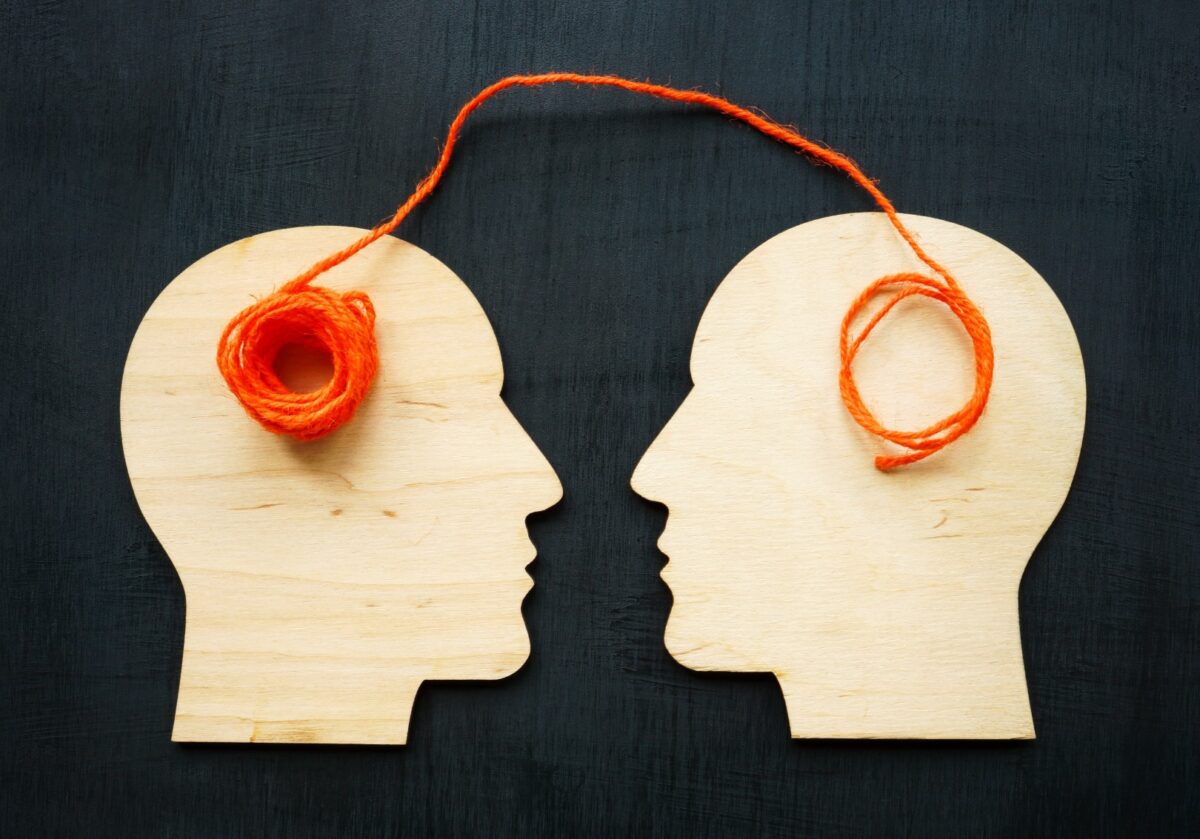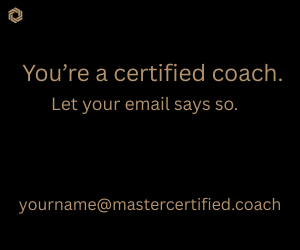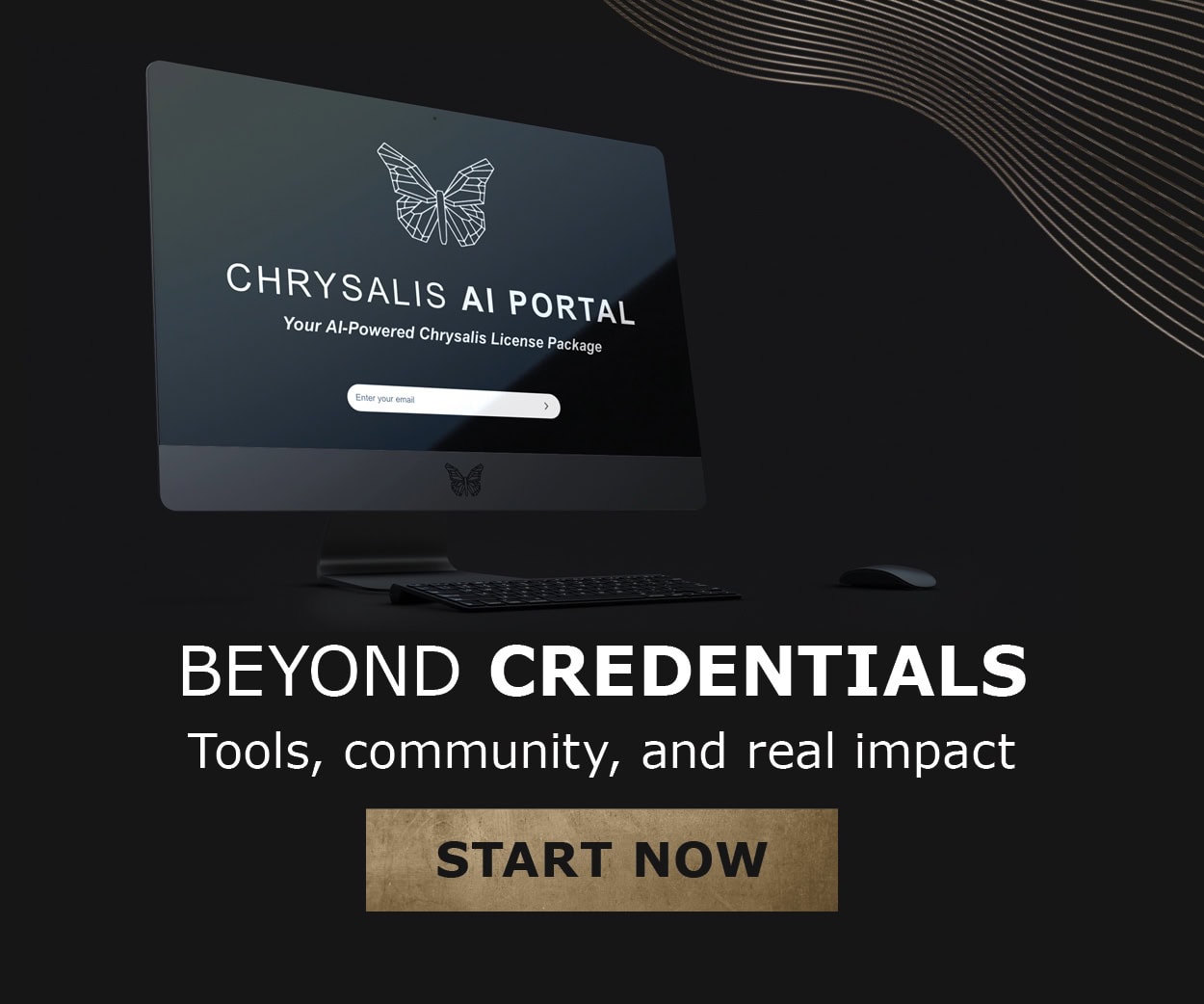I was in a peer coaching scenario the other day. After having the first go as the client, when it was my turn to coach, I continually sensed my peer bringing her biases into our conversation.
As a peer, I understood where it was coming from, but had I been a client without any coaching education, it would have been hard for me to continue the conversation.
Hence, I thought it might be a good idea to share and foster some reflection among those who use coaching skills in their roles or daily lives to ensure they don’t allow subconscious biases to quietly creep up in their conversations.
A good starting point for navigating these biases might be to reflect on our approach and communication. Here are four common biases that may come into play, along with some strategies to identify and counter them.
Confirmation Bias
Confirmation bias is the tendency to search for, interpret, or favor information that confirms one’s prior beliefs or values. This can compromise the effectiveness of any coaching-like interaction.
I once had a boss — let’s call her Jane — who was a well-meaning manager. She loved entrepreneurship and believed it was the ultimate career path. Once, when she was coaching us, my colleague Tom expressed enthusiasm for a side project. Jane quickly concluded that Tom should quit his job and start his own business. She even began suggesting resources for startups. However, Tom felt stressed and hesitant, as he valued his job and stability due to his family obligations.
What Jane could have done instead: Asked open-ended questions to explore Tom’s feelings more deeply, such as, “What aspects of your current work do you find most fulfilling?” or “How do you see your side project fitting into your overall career and life goals?” This would have helped Jane support Tom in a way that aligned with his true aspirations rather than pushing her own agenda.
Availability Heuristic
The availability heuristic is a mental shortcut relying on immediate examples that come to mind when evaluating a topic or decision.
Let’s consider Lisa, a life coach who recently helped a client named Bob improve his time management with a specific set of tools. Excited by this success, Lisa started recommending these tools to all her clients, regardless of their unique situations. However, not everyone benefited from the same strategies that worked for Bob.
What Lisa could have done instead: Lisa could broaden her approach by asking clients, “What strategies have worked for you in the past?” and “What haven’t we tried that you think might work?” This way, Lisa could tailor her coaching to each client’s unique context and needs rather than relying on what worked for Bob.
Anchoring Bias
Anchoring bias occurs when we place undue emphasis on information given early in the decision-making process.
My friend Laura is a loving mom. In a conversation, her teenage son, Jake, revealed that he felt unfulfilled with his school activities. Laura immediately latched onto this statement and started discussing various extracurricular options, convinced that Jake needed a new hobby or activity to find fulfillment. She spent weeks focusing on this, suggesting sports, clubs, and music lessons. Meanwhile, Jake’s actual frustration stemmed from feeling disconnected from his friends due to his busy schedule, not from a lack of activities.
What Laura could have done instead: Checked in regularly with Jake about all areas of his life, not just school activities. By asking questions like, “What parts of your school day do you enjoy the most?” or “How are things going with your friends lately?” Laura could have stayed responsive to Jake’s evolving needs and feelings, ensuring their conversations addressed the root of his concerns and provided relevant support.
Halo Effect
The halo effect occurs when our overall impression of someone influences our thoughts and feelings about their specific traits.
Mrs. Thompson was a dedicated secondary school teacher. She learned that one of her students, David, won a regional science fair. Impressed by this achievement, Mrs. Thompson started viewing all of David’s actions and contributions positively. When David turned in assignments late or didn’t participate as actively in group projects, Mrs. Thompson overlooked these issues because she was so focused on his science fair success.
What Mrs. Thompson could have done instead: Created a balanced understanding of David’s strengths and areas for development by acknowledging the full range of his experiences and behaviors. She could have used techniques like reflective listening and validation, saying things like, “David, winning the science fair was a fantastic achievement. How do you feel about your participation in our recent group project?” This would have helped ensure she provided the proper support where Jake needed it rather than letting his past success overshadow current challenges.
By doing this, Mrs. Thompson could offer a more comprehensive support system for David, helping him grow in all areas of his academic life.
When we are not trained coaches but are coaching by default due to the nature of our roles — like being a parent, teacher, or team lead — biases can taint our interaction even more. While coaches are trained to identify within themselves and others when their biases might come into play, compromising the quality of interactions and in turn our relationships, others may not be as aware.
So, when your communication or interaction seems to be getting nowhere — or at least not where you’d ideally like things to be — perhaps it’s time to question yourself:
“Could I be bringing in my own biases and overlooking what’s actually at work?” and “Am I really in tune with what the other person wants?”
Note: names have been changed to protect confidentiality.
Disclaimer
The views and opinions expressed in guest posts featured on this blog are those of the author and do not necessarily reflect the opinions and views of the International Coach Federation (ICF). The publication of a guest post on the ICF Blog does not equate to an ICF endorsement or guarantee of the products or services provided by the author.
Additionally, for the purpose of full disclosure and as a disclaimer of liability, this content was possibly generated using the assistance of an AI program. Its contents, either in whole or in part, have been reviewed and revised by a human. Nevertheless, the reader/user is responsible for verifying the information presented and should not rely upon this article or post as providing any specific professional advice or counsel. Its contents are provided “as is,” and ICF makes no representations or warranties as to its accuracy or completeness and to the fullest extent permitted by applicable law specifically disclaims any and all liability for any damages or injuries resulting from use of or reliance thereupon.
Authors
Post Type
Blog
Audience Type
Coach Educators, Experienced Coaches, External Coaches, ICF Chapter Leaders, Internal Coaches, New Coaches, Professional Coaches, Team and Group Coaches
Topic
Coaching Toolbox, Discover - Your Coaching Career
Related Posts
How Psychology and Supervision Evolve Coaching
As the coaching profession continues to grow and mature, one question is…
How Conscientious Inclusion Can Improve Your Coaching
Coaching continues to evolve as the world becomes more interconnected, multicultural, and…
The Coaching Trap: When Empathy Becomes Exhaustion
Prepare yourself for the fact that this will not be about you…








